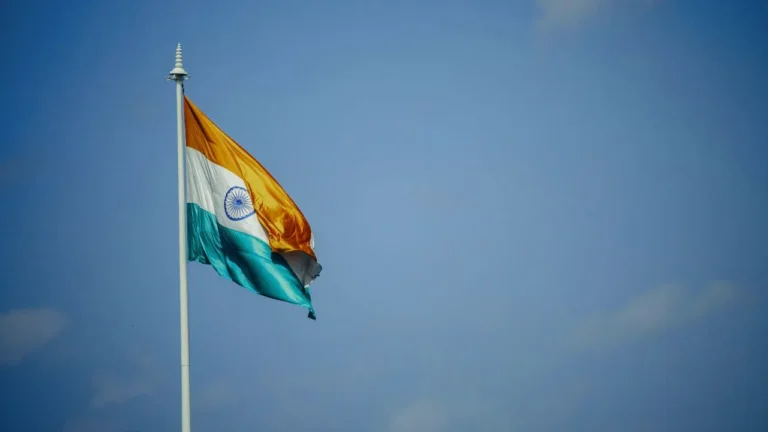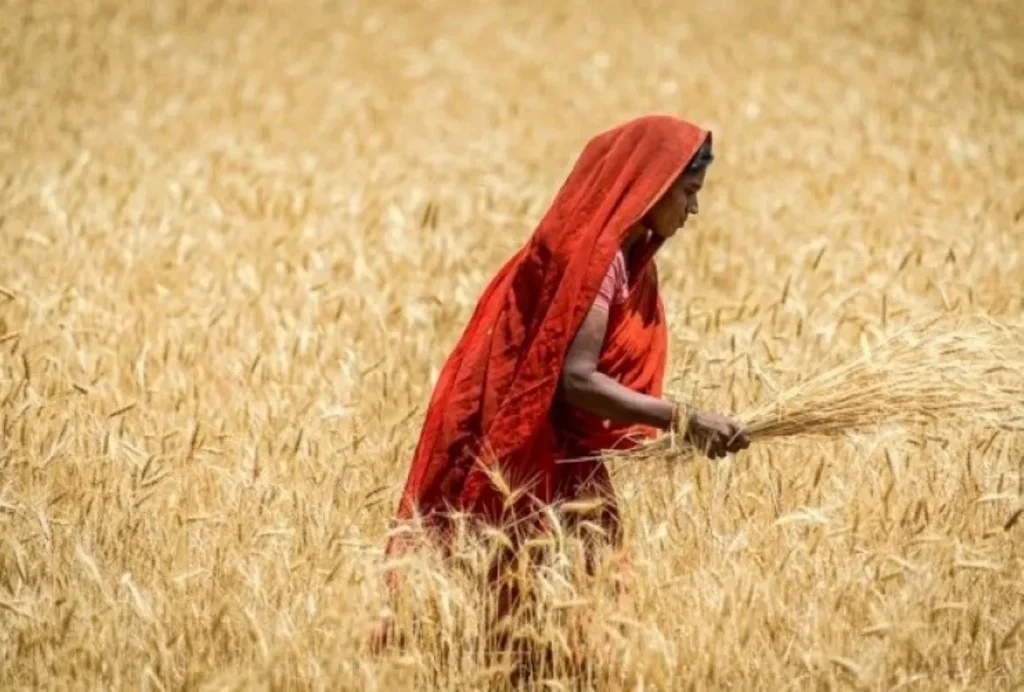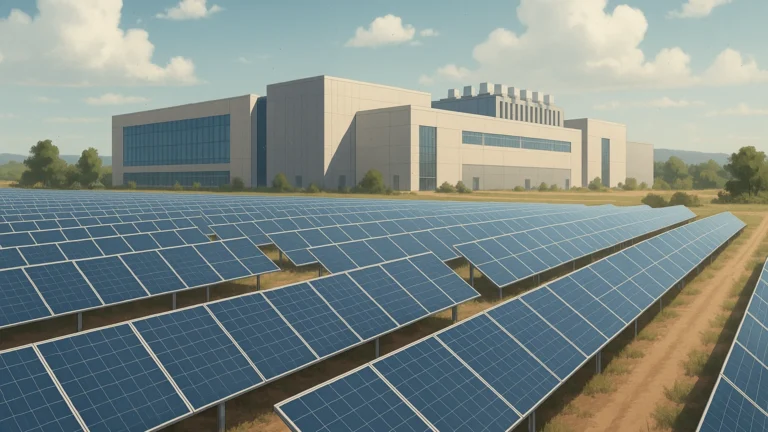
Summer Arrives Early: How Climate Shifts Are Disrupting India’s Economy
An unusually short winter has left businesses like Nitin Goel’s clothing company struggling to adapt. Specializing in winter wear for decades, the firm now scrambles to produce t-shirts instead of sweaters as summer arrives earlier each year. Sales have plummeted by half in five years, with further losses this season. Retailers are rejecting deliveries, forcing manufacturers to take on more financial risk, while small businesses shut down under pressure.
Heatwaves Threaten Agricultural Yields and Farmer Livelihoods
Scorching temperatures have devastated crops like India’s prized Alphonso mangoes, with yields dropping to 30% of normal levels. Farmers face mounting costs for irrigation and fertilizers, sometimes even sending laborers home due to reduced workloads. Winter staples like wheat and chickpeas are at risk, with experts warning of a repeat of 2022’s heatwave-induced 15-25% yield decline. This could prolong India’s wheat export ban and lead to costly imports.
Water Shortages and Their Ripple Effect on Food Security

Reservoir levels іn northern India have fallen tо 28% capacity, down from 37% last year. Water scarcity threatens fruit, vegetable, and dairy production, with milk yields already down by up tо 15% іn some areas. Economists fear rising food prices could push inflation above the central bank’s 4% target, reversing recent progress and impacting the broader economy.
Climate Change’s Looming Threat to India’s Workforce and GDP
India risks losing 5.8% оf daily working hours tо heat stress by 2030, with potential income losses оf $159 billion across key sectors. As three-quarters оf districts face extreme climate events, unpredictable weather patterns disrupt livelihoods and economic stability, demanding urgent policy interventions.
The Need for Climate Resilience: A Path Forward
Experts stress the importance of better weather forecasting, agricultural insurance, and climate-adaptive farming practices. Evolving cropping calendars and infrastructure investments could mitigate risks and help farmers navigate extreme weather. Without decisive action, recurrent heatwaves threaten both lives and the long-term health of Asia’s third-largest economy.



